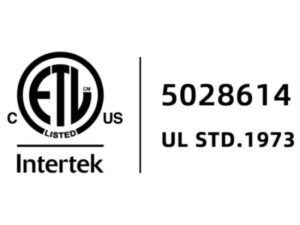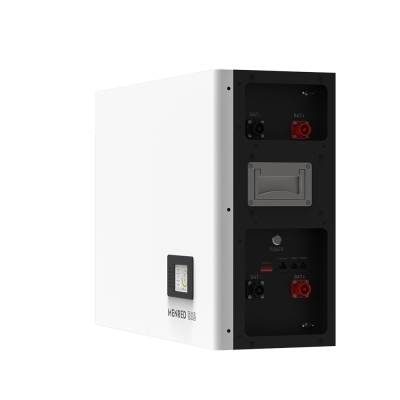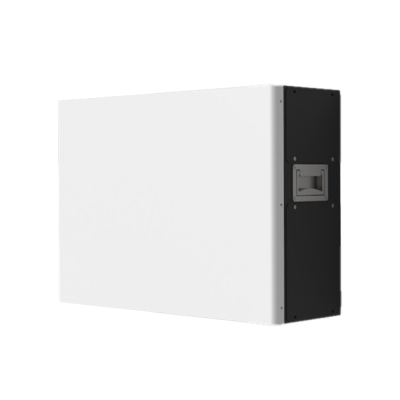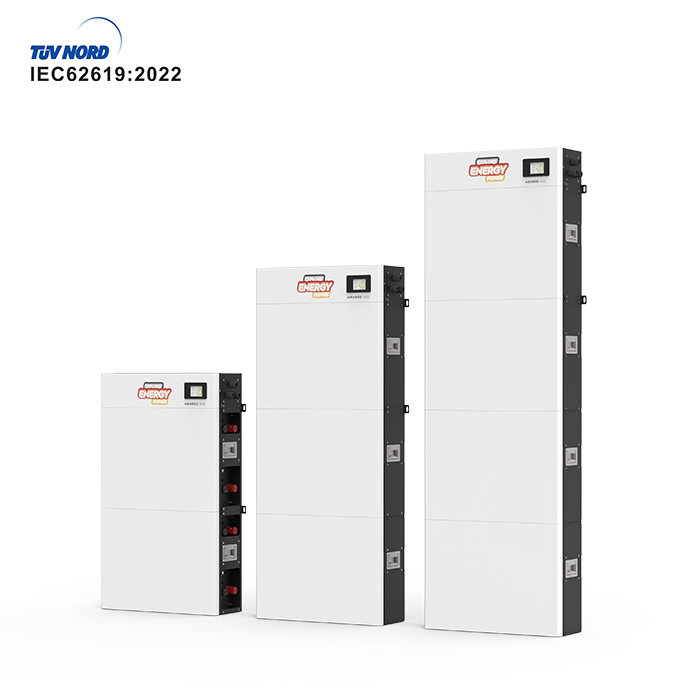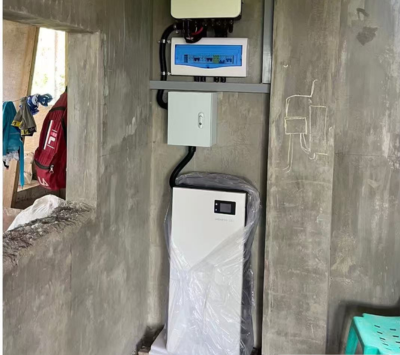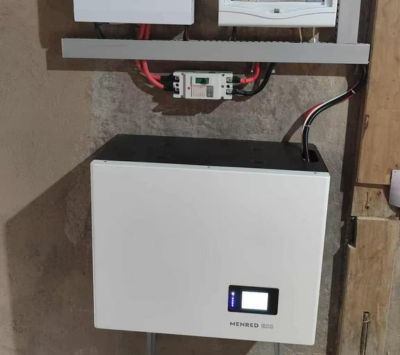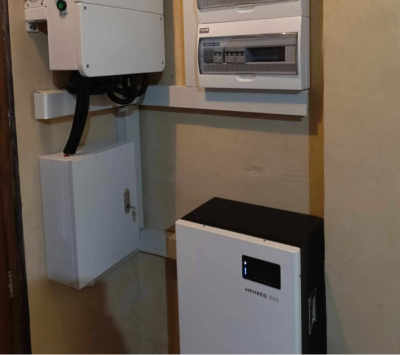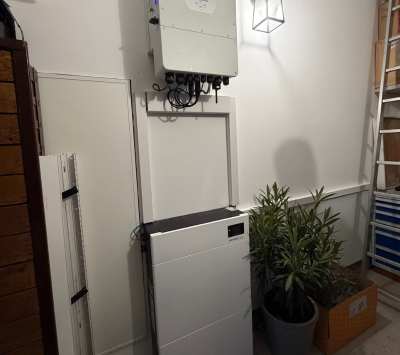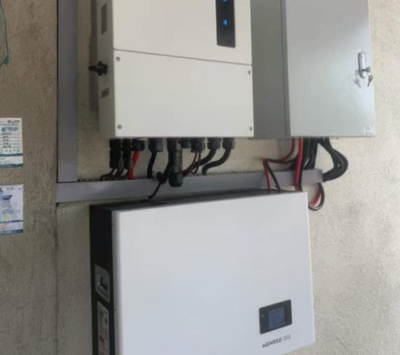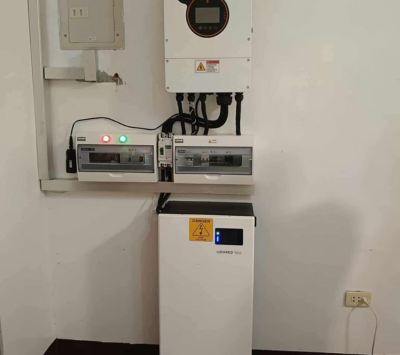For companies like MENRED ESS, producing high-quality energy storage batteries and meeting international standards are crucial for market entry and gaining consumer trust. In the highly competitive North American market, adhering to recognized standards such as ANSI/CAN/UL STD.1973 is especially important. MENRED ESS’s models LFP.6144.W and LFP.6144.G have received ETL certification (Certification No.: 5028614), ensuring they comply with the highest safety and performance requirements. This positions MENRED ESS as a leader in secure and reliable energy storage solutions.
Overview of the ANSI/CAN/UL STD.1973 Standard
The ANSI/CAN/UL STD.1973, titled “Standard for Batteries for Use in Stationary, Vehicle Auxiliary Power, and Light Electric Rail (LER) Applications,” sets forth critical guidelines for the design, construction, and operational safety of battery systems. This standard addresses the risks associated with battery performance, including protections against short circuits, thermal management, and overload. ANSI/CAN/UL STD.1973 certification from ETL ensures that battery systems are suited for residential, commercial, and light industrial applications, providing end users with safe, dependable energy storage solutions.
The Development and Evolution of ANSI/CAN/UL STD.1973
The ANSI/CAN/UL STD.1973 standard emerged in response to the energy industry’s evolving safety needs. As energy storage technology advanced, the need for standards specific to battery systems became more pressing. Here’s an overview of this standard’s development timeline:
Early Safety Standards (1970s-1990s)
Early safety guidelines focused primarily on battery functionality rather than storage applications, forming a basic framework for later standards.Rise of Energy Storage Regulations (2000s)
As renewable energy grew, batteries became central to energy grids. Organizations like UL (Underwriters Laboratories) began developing standards for these systems, laying groundwork for ANSI/CAN/UL 1973.Launch of UL 1973 (2013)
UL 1973 marked a significant step in battery safety standards, providing an established safety framework for energy storage in both commercial and residential settings.ANSI/CAN/UL 1973 Standard Adoption (2018)
The ANSI/CAN/UL 1973 standard was introduced as a collaborative effort between the U.S. and Canada. It set rigorous benchmarks in battery design, protection, and thermal management, addressing the unique demands of the energy storage market.
Core Components of the ANSI/CAN/UL STD.1973 Standard
ANSI/CAN/UL STD.1973 lays out safety and performance protocols critical to ensuring reliability and stability in various applications. Its core requirements include:
Electrical Performance and Safety
ANSI/CAN/UL STD.1973 mandates that battery systems maintain stability under diverse voltage and temperature conditions, especially in high current charge-discharge environments. This ensures resilience against short circuits and overloading.Thermal Management and Thermal Runaway Prevention
A robust thermal management system is essential for safe battery operation, particularly in extreme conditions. The standard outlines stringent thermal control and heat management protocols to prevent thermal runaway, which can compromise safety.Structural Integrity and Physical Protection
Battery systems must withstand physical stresses such as vibration and impact. ANSI/CAN/UL STD.1973 requires battery units to have strong protective enclosures rated for water, dust, and corrosion, guaranteeing longevity and reliability.Battery Management System (BMS)
The BMS oversees battery stability. ANSI/CAN/UL STD.1973 specifies essential BMS functions, including monitoring, overcharge protection, and alert capabilities, to safeguard battery performance and lifespan.Consistency Testing and Lifecycle Forecasting
Consistency in performance across battery units is mandatory. ANSI/CAN/UL STD.1973 requires data that demonstrates reliability and includes lifecycle models to project long-term performance under various conditions.
MENRED ESS’s Compliance with ANSI/CAN/UL STD.1973: Model-Specific Advantages
MENRED ESS’s energy storage battery models, LFP.6144.W and LFP.6144.G, have successfully achieved ANSI/CAN/UL STD.1973 certification from ETL (Certificate No.: 5028614), demonstrating the company’s commitment to safety and quality.
LFP.6144.W Model Features
The LFP.6144.W model is equipped with a touchscreen for convenient monitoring, allowing users to view real-time metrics such as temperature and voltage. This added functionality improves user interaction, giving customers greater control and peace of mind.LFP.6144.G Model Features
The LFP.6144.G model is designed with LCD/LED touchscreen, focusing on cost-effectiveness while maintaining compliance and high performance. It offers flexible, scalable configurations suitable for diverse storage applications. Scalable Solutions: LFP.6144.G2, LFP.6144.G3, and LFP.6144.G4
Scalable Solutions: LFP.6144.G2, LFP.6144.G3, and LFP.6144.G4
For applications requiring larger capacities, MENRED ESS offers stackable configurations with multiple LFP.6144.G units, forming the LFP.6144.G2, LFP.6144.G3, and LFP.6144.G4 models. Each of these modular configurations includes a parallel control box and multiple LFP.6144.G battery units, providing enhanced flexibility in capacity and power output to meet specific project needs. This scalable design allows for tailored energy solutions that adapt seamlessly to different application requirements, delivering robust performance and reliability.
ANSI/CAN/UL STD.1973 Certification: A Key Competitive Advantage for MENRED ESS
Achieving ANSI/CAN/UL STD.1973 certification from ETL is more than a regulatory requirement—it is a strategic advantage for MENRED ESS in the energy storage sector. Key benefits include:
Increased Market Trust
ANSI/CAN/UL STD.1973-certified products are recognized as compliant with top safety standards, enhancing consumer and industry trust in MENRED ESS products.Enhanced Market Competitiveness
Certification from ANSI/CAN/UL STD.1973 positions MENRED ESS as a premium provider of safe, reliable battery systems, which can set the company apart from competitors.Streamlined Market Entry
With ANSI/CAN/UL STD.1973 being a mandatory standard in North America, MENRED ESS’s certified products are well-positioned for market entry, accelerating time-to-market and reducing launch barriers.Lowered Legal Liability
ANSI/CAN/UL STD.1973 certification by ETL provides evidence of compliance with stringent safety regulations, protecting MENRED ESS from potential legal issues related to battery safety and performance.
Global Influence of ANSI/CAN/UL STD.1973 on Energy Storage Safety
The ANSI/CAN/UL STD.1973 standard’s influence extends beyond North America, with a broad impact on global energy storage standards:
Setting a Universal Safety Standard
ANSI/CAN/UL STD.1973 is widely respected as an industry safety benchmark. For regions prioritizing safety and performance, it is often a decisive criterion for selecting suppliers.Supporting Renewable Energy Adoption
By promoting safe, reliable storage solutions, ANSI/CAN/UL STD.1973 accelerates the global renewable energy movement. The assurance of safety in storage solutions helps to foster acceptance and growth in renewable energy sectors worldwide.Influencing International Standards
ANSI/CAN/UL STD.1973 serves as a model for regulatory bodies worldwide, shaping the development of energy storage standards and reinforcing safety norms.
Conclusion
For MENRED ESS, compliance with the ANSI/CAN/UL STD.1973 standard, as certified by ETL under Certificate No. 5028614, reinforces the company’s commitment to safety, reliability, and market leadership. MENRED ESS’s LFP.6144.W and LFP.6144.G models exemplify the brand’s focus on producing compliant and highly reliable energy storage solutions. This certification not only ensures market entry into North America but also strengthens MENRED ESS’s standing as a trustworthy provider in the competitive energy storage industry.

